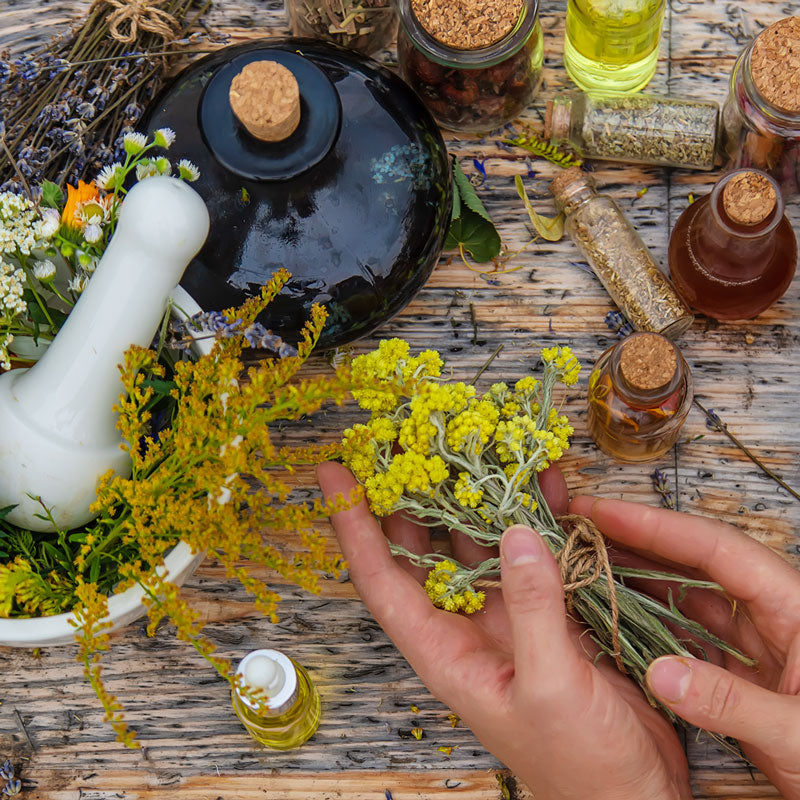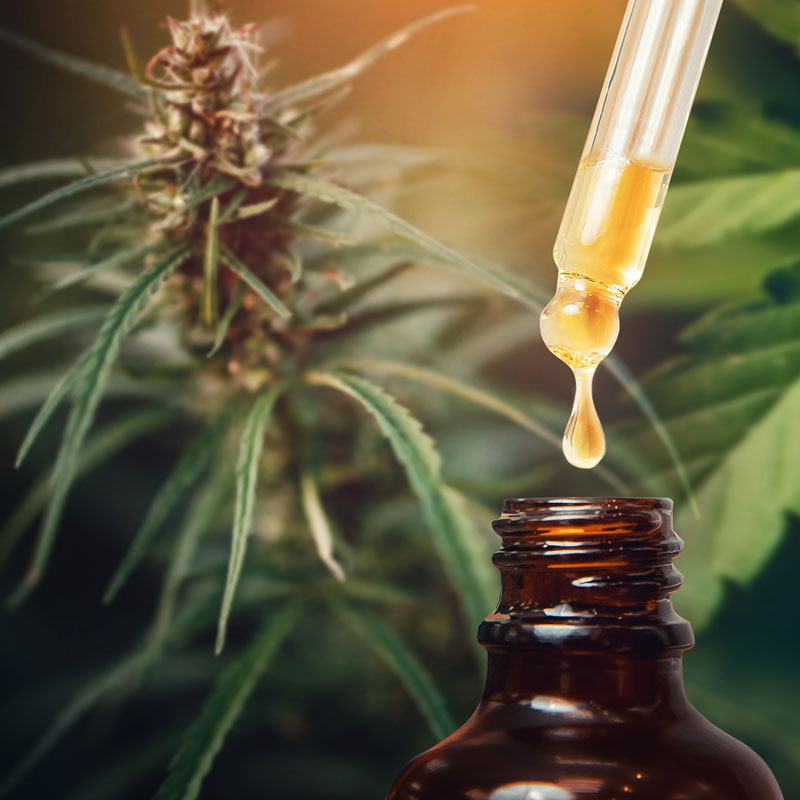Crafting Tinctures with Minerals: A Guided Journey for Herbalists

In the pursuit of health and well-being, we often turn to nature's bounty. One such avenue of exploration lies in the creation of tinctures using minerals. This blog post offers an insightful look into crafting tinctures with mineral ingredients, and sheds light on the different menstruums suitable for the process.
Mineral-Based Tinctures: An Overview
Mineral-based tinctures are relatively less explored, but hold significant potential. They utilize minerals, rather than plant-based ingredients, to harness healing properties. Some popular minerals used in tincture-making include Shilajit, Fulvic Acid, and Colloidal Silver.
- Shilajit: This potent mineral pitch is found in the Himalayas and contains a wealth of nutrients, including fulvic and humic acids. It is often used in Ayurvedic medicine for its revitalizing properties.
- Colloidal Silver: This is a suspension of silver particles in liquid, known for its antimicrobial properties.
- Sea Salt: Not just a kitchen staple; it also plays a vital role in herbal medicine. Rich in trace minerals, it is used to create healing bath salts, exfoliating scrubs, and even for its antimicrobial properties in tinctures.
- Clay: Particularly Bentonite and Kaolin, is widely used for its ability to absorb toxins and impurities from the skin. It’s a common ingredient in masks, poultices, and detox baths.
Storage Best Practices
Proper storage of mineral ingredients is key to maintaining their efficacy. Here are some general guidelines:
- Store mineral ingredients in airtight containers to protect them from moisture and contamination.
- Keep them in a cool, dark place, out of direct sunlight.
- Use clean utensils to measure out your ingredients to avoid cross-contamination.
- Always label your containers clearly with the date of purchase and the name of the mineral.
Having a well-stocked apothecary with mineral ingredients opens up a world of possibilities for natural healing and wellness. Correct storage will ensure their therapeutic qualities are preserved.
Creating a mineral-based tincture is an art that requires understanding, precision, and patience. However, the rewards of this process - a potent, personalized wellness tool - make it a worthwhile pursuit for herbalists and home apothecaries alike. Whether you opt for the rejuvenating properties of Shilajit or the antimicrobial strength of Colloidal Silver, your tincture holds the potential to be a unique beacon of well-being.








